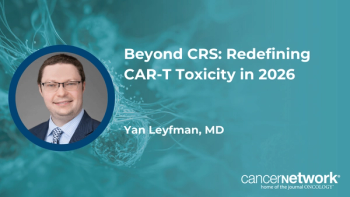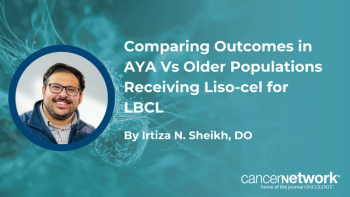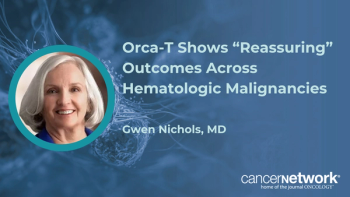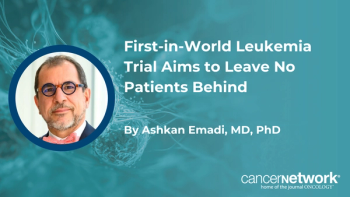
Potential Link Between Industrial Pollutants and Acute Myeloid Leukemia Examined
A recent study evaluated whether living in an industrial city could be an important risk factor for developing AML.
Living in an industrial city with exposure to materials/pollution from industrial plants may be an important risk factor for developing acute myeloid leukemia (AML), according to a study
Feras M. Ghazawi, MD, PhD, of the University of Ottawa in Ontario, Canada, and colleagues analyzed the incidence and geographic distribution of AML in Canada from 1992 to 2010 using three independent populationâbased cancer registries. A total of 18,085 patients were identified during this timeframe, with an AML incidence of 30.61 cases per million individuals per year. The incidence and mortality rates were then examined at the levels of province/territory, city, and postal code.
Five industrial cities in Ontario had incidence rates that were significantly higher than the national average (Sarnia, Sault Ste. Marie, Thunder Bay, St. Catharines, and Hamilton). In one specific postal code in Sarnia, Ontario, the incidence rate was 106.81 cases per million individuals per year, which is more than three times higher than the national average.
“The pollution from local oil refineries and chemical plants in Sarnia may be implicated as a risk factor for AML in that city. Analysis of mortality rates at the province and city levels corroborated the findings from the incidence data,” concluded the authors.
“It is an area of immensely important and fruitful research. We now have the capacity to look at sum experiences of all studies that identify hotspots of cancers and analyze what is common to most areas that leads to a high incidence of AML,” Samaniego told Cancer Network. “The report implies that pollution is the culprit for AML; however, pollution may be only an associated factor and the real culprit is another factor associated with industry activity.”
Until now, several risk factors have been implicated in AML leukemogenesis, but the epidemiologic distribution and precise triggers for AML in Canada had not been fully investigated, the researchers noted.
Newsletter
Stay up to date on recent advances in the multidisciplinary approach to cancer.



















































